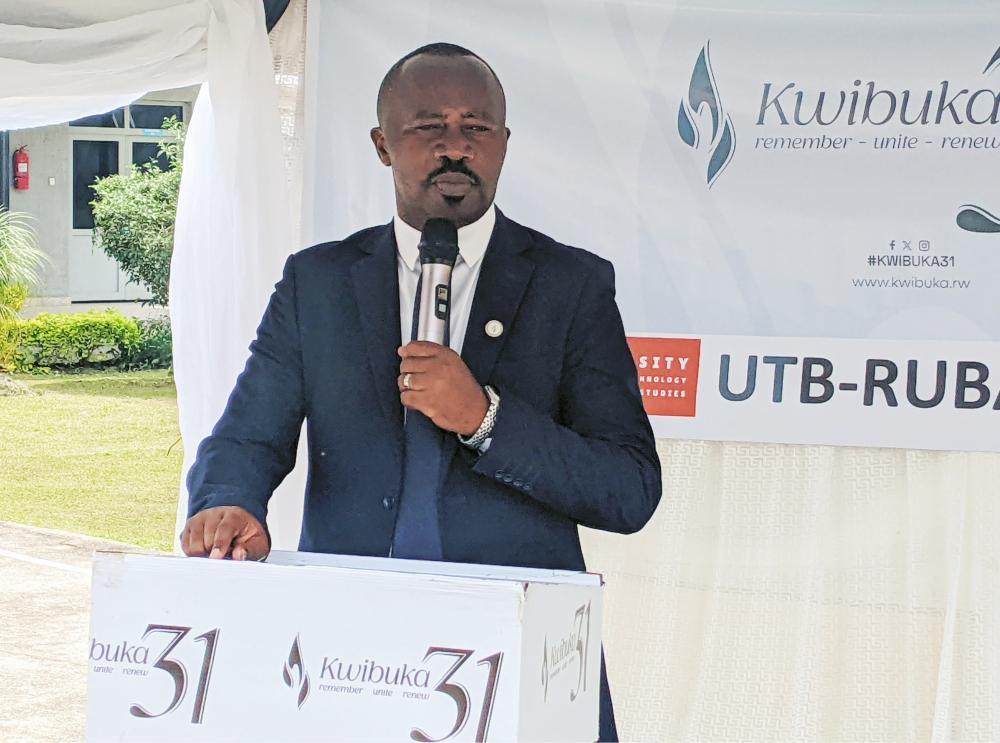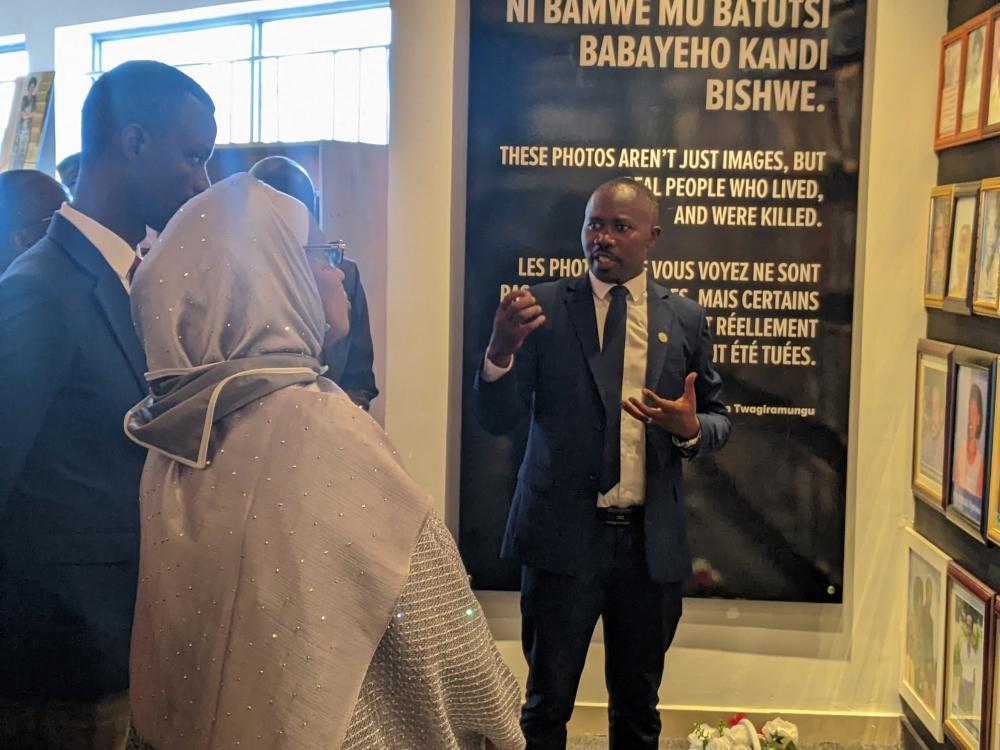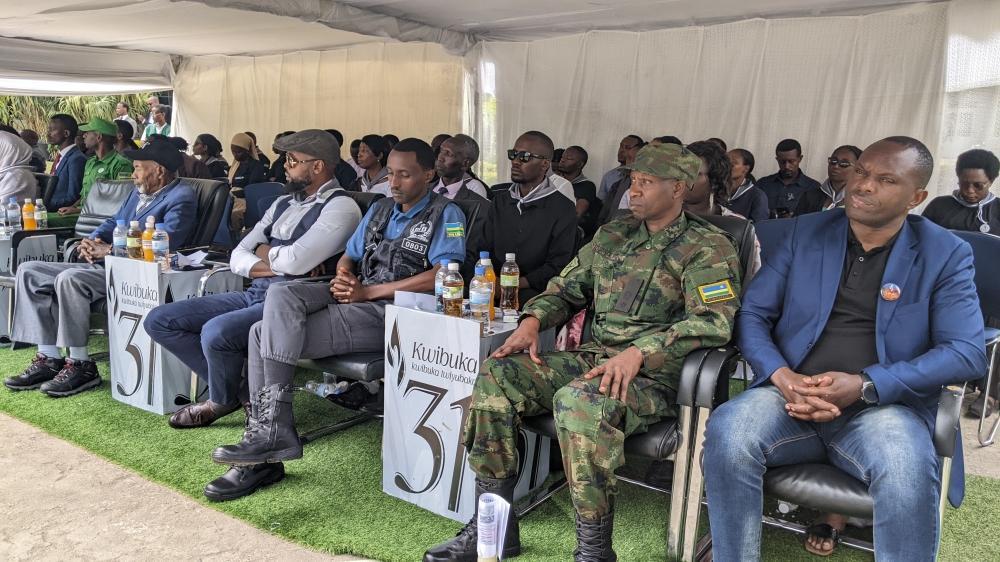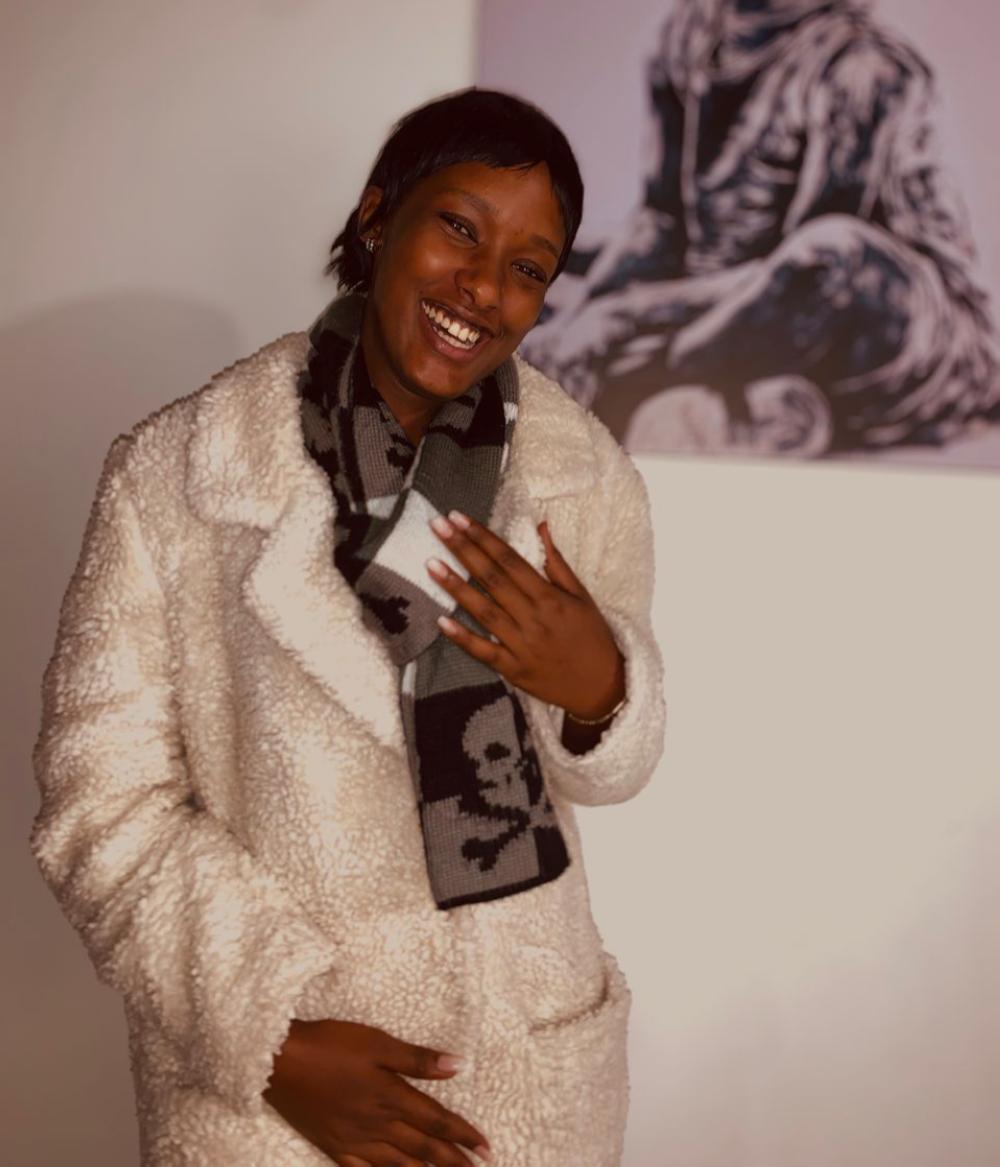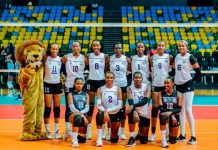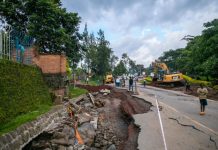Africa-Press – Rwanda. The Mayor of Rubavu District, Prosper Mulindwa, has urged the border community, mostly schools near the DR Congo border to regularly visit Genocide memorial sites, learn from Rwanda’s dark history and actively combat genocide ideology.
He was speaking during a tour of Commune Rouge – a former burial ground where hundreds of Tutsi were massacred during the 1994 Genocide against the Tutsi – with students from the University of Tourism, Technology and Business Studies (UTB), on Friday May 30, as they commemorated the victims killed in 1994.
Speaking to The New Times, Mulindwa acknowledged fresh reports of genocide ideology in some schools, including one case in Cyanzarwe Sector, where, according to him, a child told classmates that if genocide were to happen again, they would engage in looting.
“This means the child believes genocide can happen again, and we suspect he got this mindset from family or relatives who poisoned his mind,” Mulindwa explained. “It seems they discuss these things at home.”
Mulindwa believe that regular visits to genocide memorial help young people learn from what happened during 1994, preparing them for a bright future and generations to come.
“By visiting genocide memorials, they witness how it [Genocide] was conducted, see pictures, and read and understand the tragic history of our country as documented inside the memorials,” the mayor added.
He also underlined the critical concern of the district’s proximity to eastern DR Congo, which is hosting and backing remnants of the perpetrators of the 1994 Genocide.
“This area is very close to DR Congo, where genocide ideology and hate speech are disseminated by members of Interahamwe on social media.”
Ignace Kabano, a senior lecturer at University of Rwanda (UR), highlighted that “schools and universities are training a generation of leaders of tomorrow and the ideology was built through the education system that was in place during Rwanda’s first and second republics.”
“Fighting genocide ideology should he a task that educators and all higher learning institutions prioritize, to inform students and change a divisive ideology into unity and a productive one,” said Kabano.
“Starting from primary one, before the genocide, children were poisoned by divisive teachings in schools,” he added, explaining that seminars, clubs, and dialogues are crucial to foster unity.
For Zulfat Mukarubega, the founder of UTB, hosting intentional students from various countries including DR Congo, is “something essential to respond to genocide deniers across the continent and globally.”
Kevine Igiraneza, a first-year student from Rwamagana District, called for many more commemoration events and dialogues about the country’s past.
“There is still a need for mobilizing youth to fight against genocide ideology among young people,” she said.
For More News And Analysis About Rwanda Follow Africa-Press

